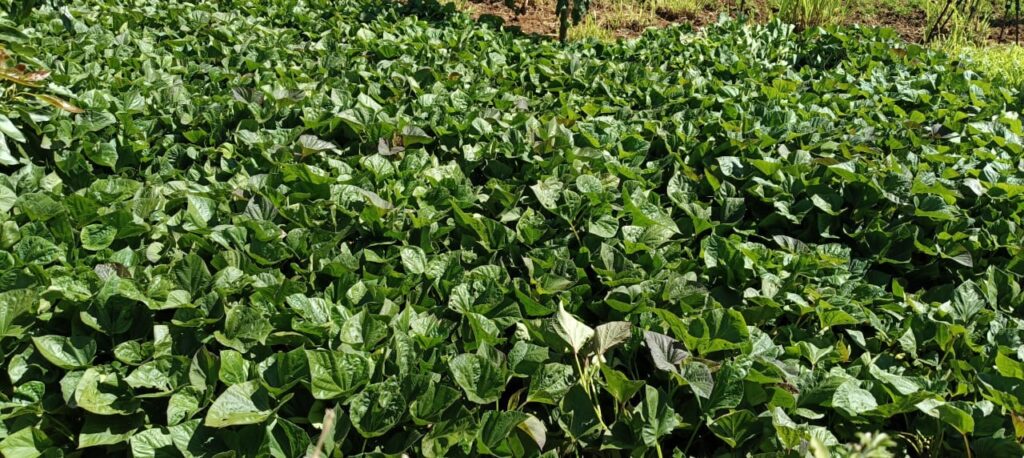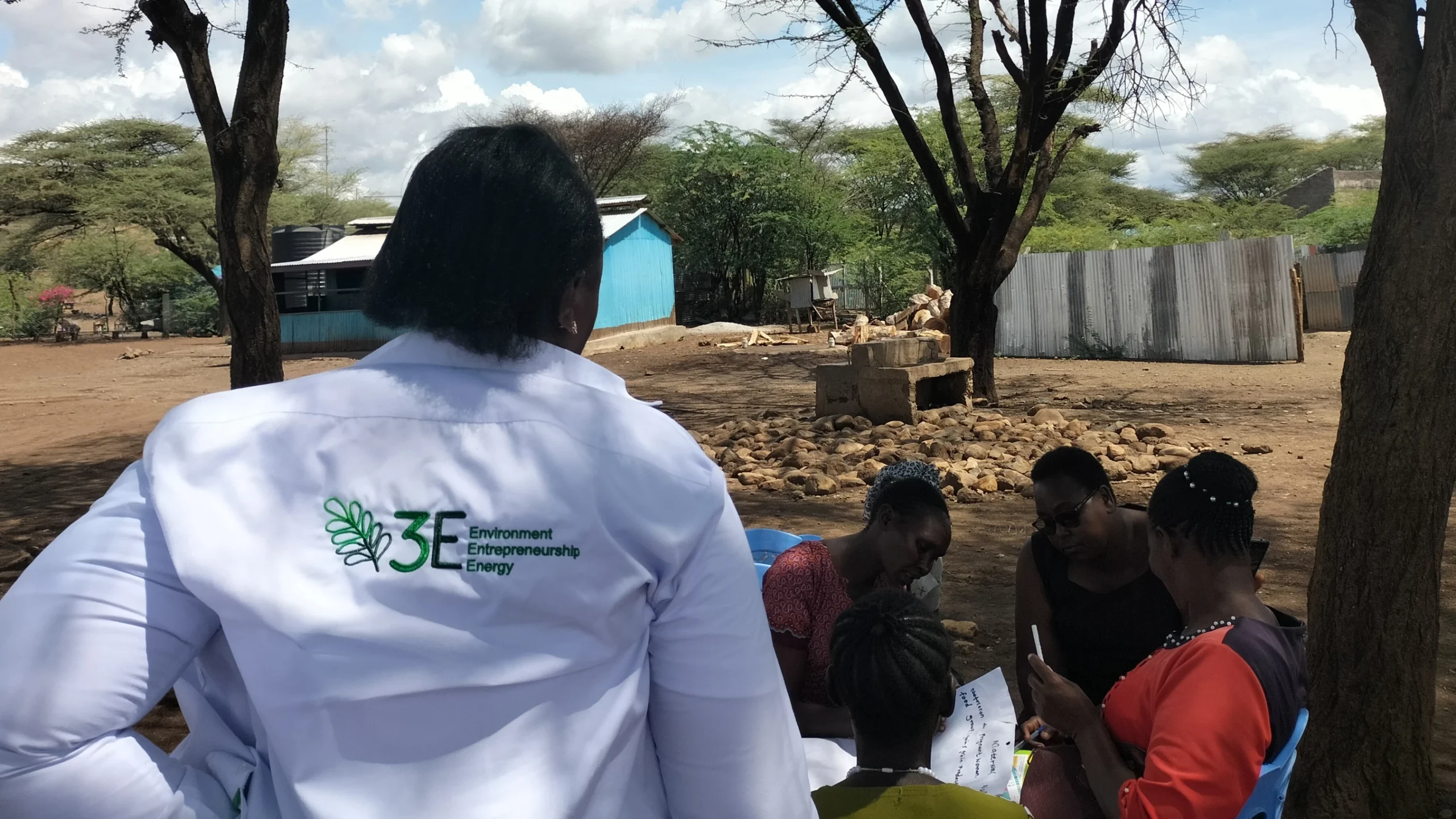In Molo subcounty, Nakuru County, where agriculture is the main source of income for many households, farmers face challenges from chemical-intensive practices that degrade soil health and traditional cow feeding methods that limit milk production and income. The organization tackles these issues by promoting sustainable practices and empowering farmers for long-term success.
By training farmers in proper manure management, including composting for natural fertilization, the project combats soil degradation and reduces reliance on chemicals. Additionally, it introduces fodder diversification, replacing traditional feeding with high-protein and energy fodders that significantly boost milk production of up to 5 litres per cow. Furthermore, farmers learn to transform cow waste into valuable compost and improving soil fertility.
The project’s impact is undeniable. Farmers experience significant increases in milk production, translating directly to higher income and improved livelihoods. They adopt sustainable practices, ensuring long-term environmental health and increased production. Additionally, with readily available, nutritious fodder in their farms, the feeding challenges are eliminated. The time used to look for fodder or grazing the cows is redirected to other household and farming activities.





Overall, we empower Molo subcounty farmers by equipping them with knowledge and techniques to achieve higher milk production, improve soil fertility, and ultimately, achieve greater economic success through sustainable practices. It serves as a model for other regions seeking to enhance dairy production while protecting the environment.

